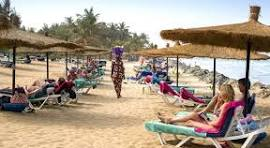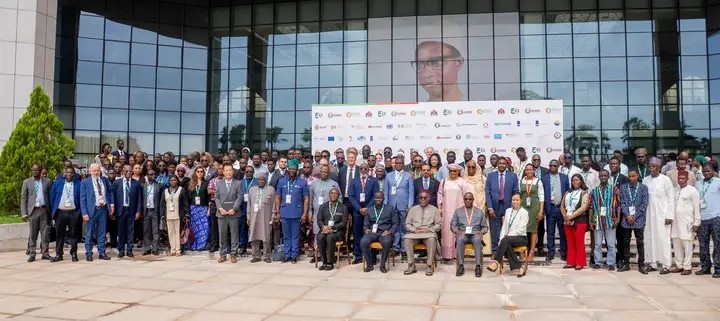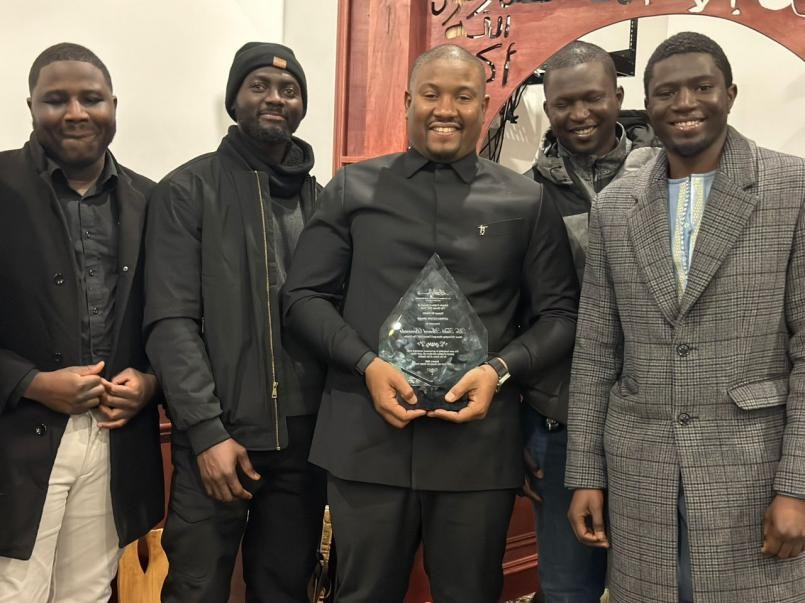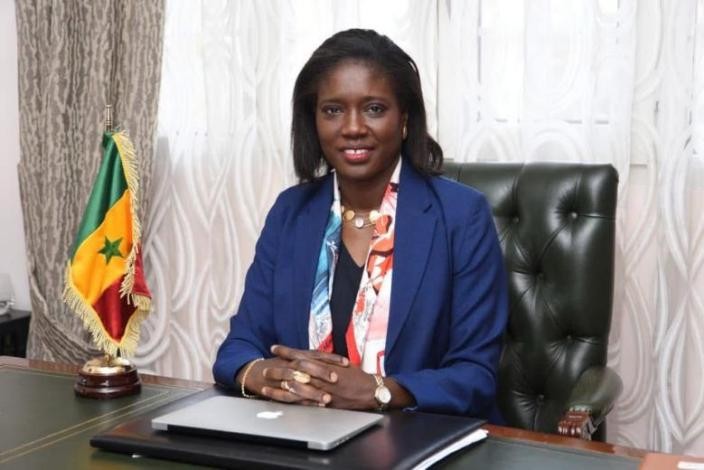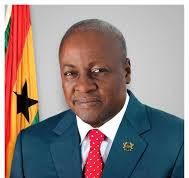Many concerned Gambians have voiced their dissatisfaction regarding the actions of security forces at the Senegambia beach, who have been denying them access to the beach and its vicinity.
This restriction is viewed as unlawful and a serious violation of their fundamental rights and freedoms as guaranteed by the 1997 Constitution of The Gambia.
Section 26 of the said constitution guarantees citizens’ rights to move freely within The Gambia and choose their place of residence. However, the situation at the Senegambia beach is deemed the opposite, as citizens are denied access or given specific time to access the beach, which is regarded unconstitutional.
A chanter man who wants to remain anonymous alleged that on several occasions he had been denied access to the beach by the Police Intervention Unit (PIU)that he had to sneak through the bushes to get to the beach.
“I feel so bad that in my own country, I am denied access to the beach, and anyone who is denied access would feel the same,” he lamented, saying: “This is my country; why would they deny me access when I do not have any criminal records all my life. It is crazy and that shouldn’t be done.”
The man expressed dissatisfaction, arguing that not everyone going to the beach is a criminal.
“Some people come to the beach to free up their minds, sit comfortably to enjoy the fresh air from the sea unlike town which is polluted and noisy,” he observed.
He further stated that no matter how far one come from, the PIU officer won’t allow you access, especially those with dreadlocks, which he deems unacceptable, citing the hardship he has gone through before being given an identification card to access the beach to do business.
“We have rights to move freely including going to the beach. Why the huddles?” he asked rhetorically.
Meanwhile, Foday Bojang, one of the members of Fishermen Association of The Gambia at Senegambia beach, alluded that there were instances where his crew members had been denied access, which he considers a hindrance to their field of work.
“We captains work together with our crew, and without them our work won’t be effective,” he explains. “There are many occasions where our crew members have been stopped by the police force to an extent we have to go there to solve the issue. I feel so angry about the way the security forces deny us access to the beach and it sometimes goes beyond control, which leads to tussles.”
Mr Bojang further alleged that in his seven years of service in the tourism industry, there had been no identity card issued to the fishermen by the government despite the huge amount of tax they have been paying to the Gambia Tourism Board (GTB) and other stakeholders annually.
He calls on the media to help them amplify their voices so their concerns can be heard.
In a similar vein, Peter Mendy, President of Fishermen Association in Kololi, compares denying Gambians access to the beach as living in a zoo.
“We do not have access to the beach and I keep on saying this: those in Kololi, we live in a zoo. Even if you are to cross other sections of the road heading to the beach, you have to identify yourself or else you won’t be allowed, and that is only happening in The Gambia,” he narrates his frustrations about the issue.
Mr Mendy pointed out that the continuation of such a trend or actions could affect tourism and discourage people from going to the beach, especially in the evening.
“No parent in their right frame of mind will allow their children to go to the beach that late. I am a victim of it, and today my son has taken the back-way route because of the police and GTboard actions denying people access the beach,” he stressed.
Mendy calls on policymakers to look into the issue and come up with policies that will safeguard the welfare of every Gambian in accessing the beach.
However, during a recent monthly Ministerial Press briefing, the managing director of the Gambia Tourism Board stated that they had not given orders to any PIU officer to stop people from going to the beaches, yet the situation remained unresolved, and citizens seem to enjoy less freedom from the beach sides in Senegambia.
Similarly, the police public relations officer(PRO) Momodou M. Sisawo has also refuted the allegations, saying although it is essential security officers safeguard public property and people.
“The GPF has not instructed or is not in any exercise that stops or deters people from going to the beaches,” PRO Sisawo highlighted, although for security reasons, he cautions, officers may be expected to execute their duty. The situation of inaccessibility surrounding the Senegambia beach calls for dialogue with stakeholders and citizens to come up with better policies that will serve the best interests of Gambians. Such a step is believed would change the narratives in the tourism industry, thereby fostering cooperation between law enforcement officers and the community to bid a farewell to the tussles people go through to access the beach during the tourism season.


